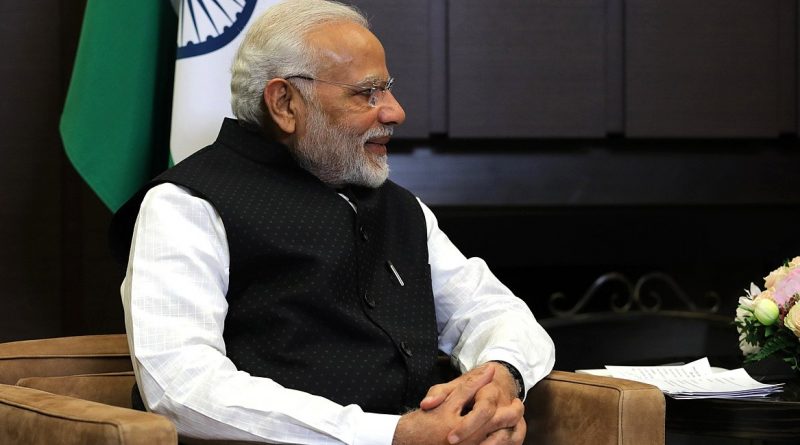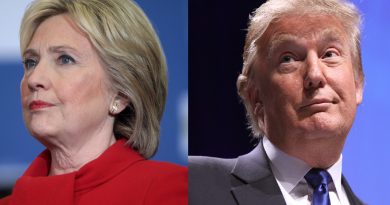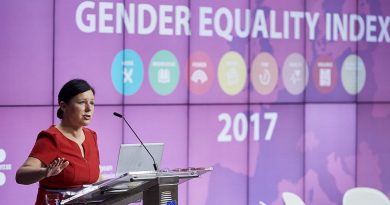Future Prospects for India-EU Relations
The leaders of the European Union and India engaging comprehensively is an indication of the possible deepening of bilateral relations between these two world powers.
Last July’s meeting between the leaders of the European Union and India is an indication of the possible deepening of bilateral relations between these two world powers. It demonstrates the realistic possibility of greater cooperation in several areas in the near future.
On 15 July 2020, the fifteenth summit between the European Union (EU) and India took place. This year’s meeting, unlike previous ones, was particularly significant as it was the first time in many years that the leaders of both powers had expressly sought substantial agreements to deepen and strengthen bilateral relations and embrace a long-term strategic perspective.
The main results of this summit were the adoption of the “EU-India Strategic Partnership: A Roadmap to 2025” to guide cooperation between India and the European Union over the next five years. Both parties also signed the Euratom-India Agreement for co-operation in research and development in the peaceful uses of nuclear energy. They agreed to continue their successful cooperation in the field of nuclear fission in the framework of the ITER project. Other agreements were made to strengthen the India-EU Clean Energy and Climate Partnership, the Coalition for Disaster Resilient Infrastructure (CDRI), and reaffirm their commitment and partnership in the International Solar Alliance and the International Platform on Sustainable Financing.
These efforts can be understood as a strategic confluence from a mutual drive to counter China’s exponential rise. Both India and the European Union remain wary of Beijing’s expanding influence at positions and activities across the globe. It is precisely this mutual strategic shortcoming that imposes and will impose greater limitations on the deepening of bilateral relations between the two, and on counteracting Chinese influence in the future.
Keep reading the article on The News Lighthouse platform.
The opinions expressed in this blog are solely the authors’ point of view and do not bind the Center for International Studies, its Director or any other researcher. Indian Prime Minister Narendra Modi / photo by kremlin.ru / CC BY 4.0
![]() This work is licensed under a Creative Commons Attribution-NonCommercial-ShareAlike 4.0 International License.
This work is licensed under a Creative Commons Attribution-NonCommercial-ShareAlike 4.0 International License.




